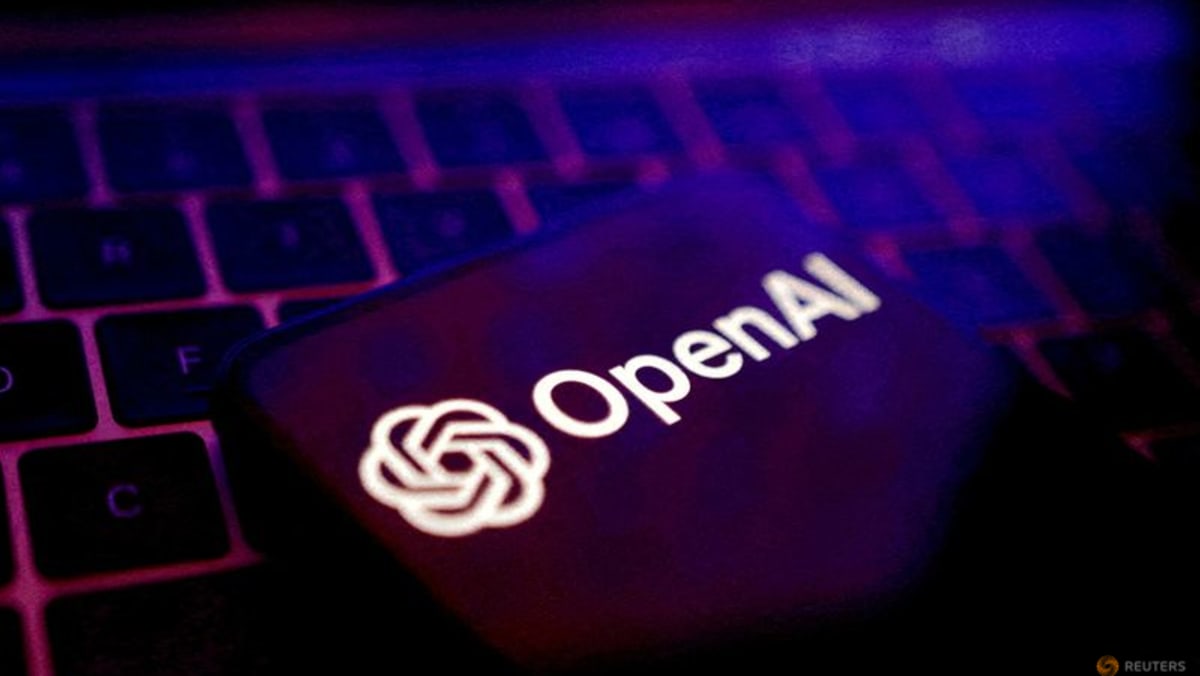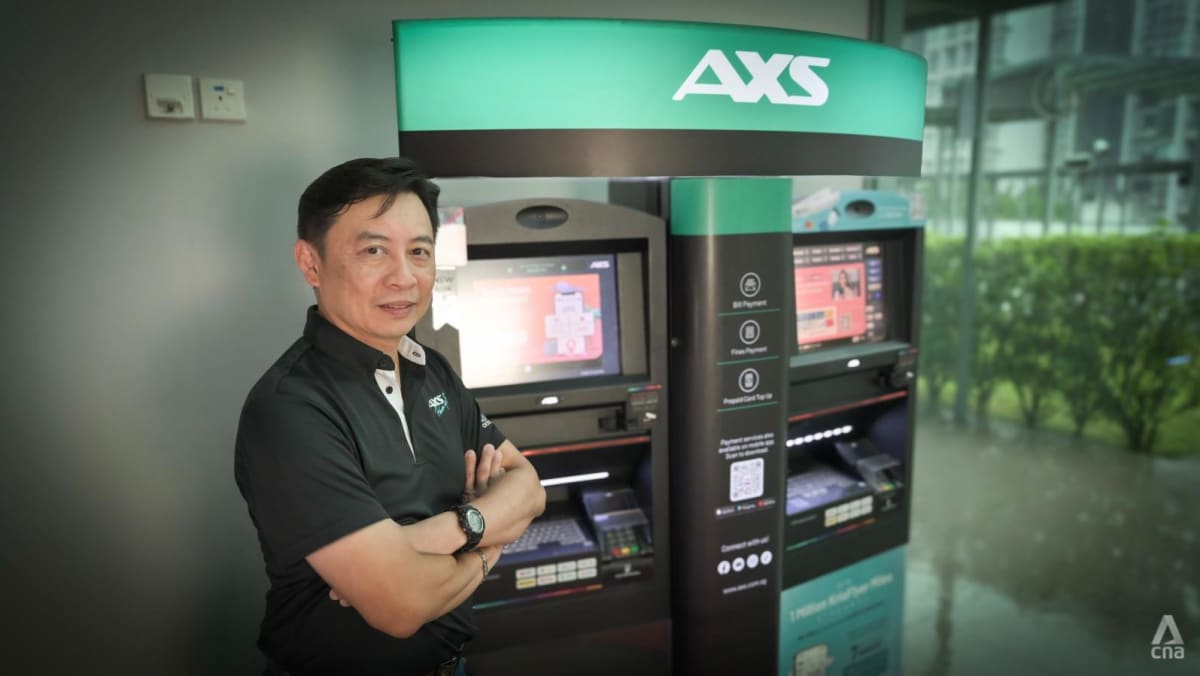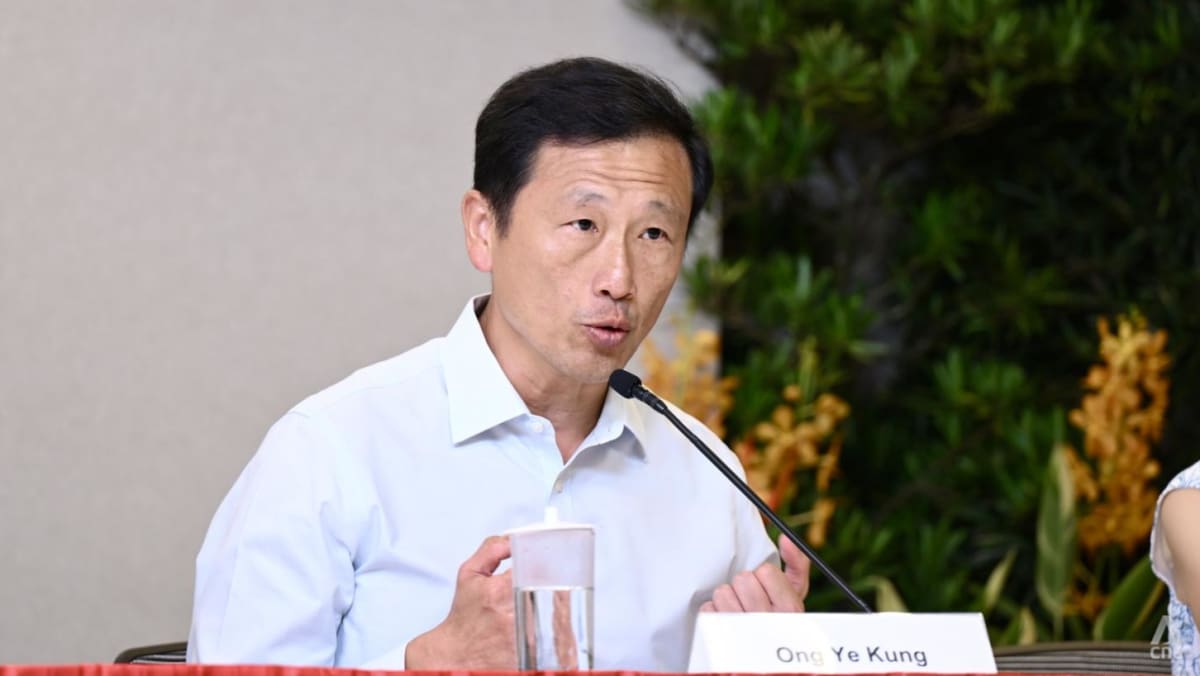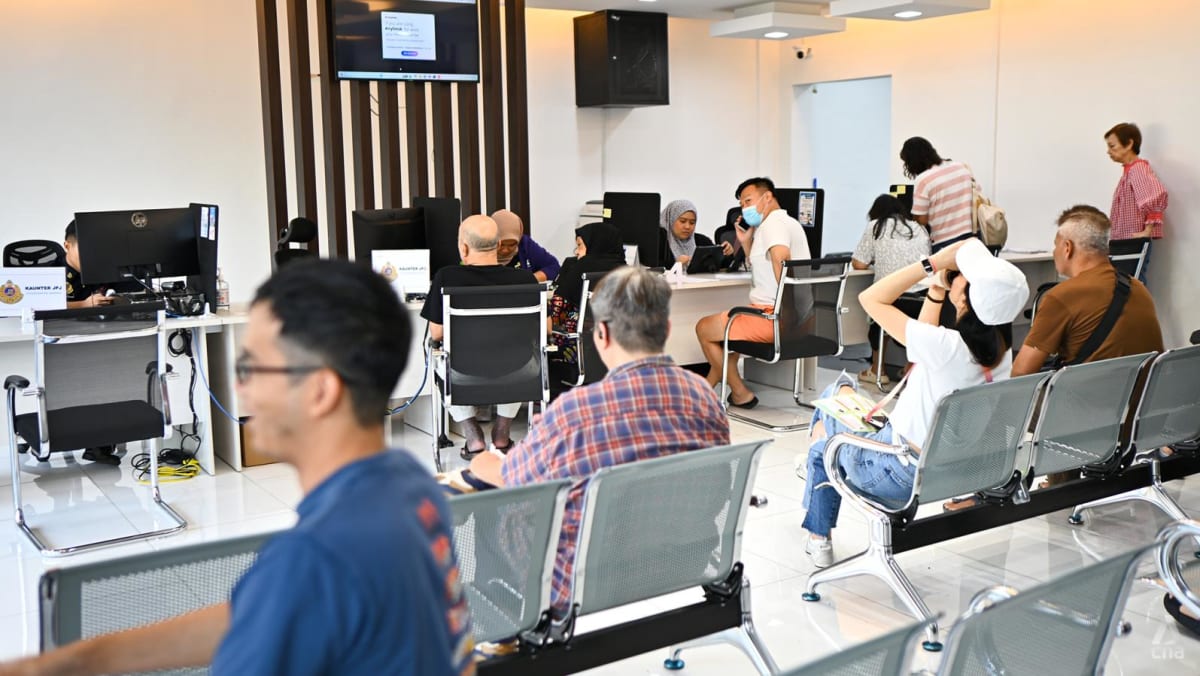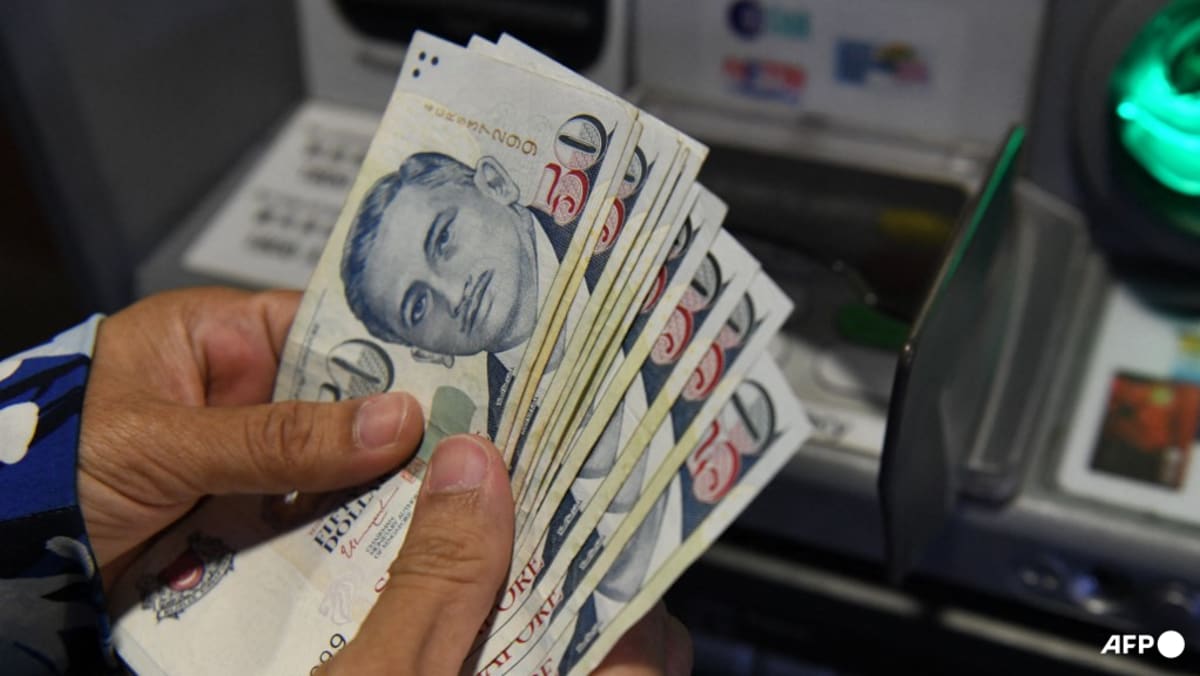SINGAPORE: An AXS kiosk is a familiar sight in Singapore. But whether you’re familiar with how they work might depend on whether you were born before or after the mid-2000s, or whether you’ve been an adult with bills to pay for the last 25 years or so.
The latter group makes up the bulk of people frantically calling AXS whenever a machine is removed, group CEO Jeffrey Goh told CNA.
“There’s actually a big hoo-ha. They’ll write to their MPs (Members of Parliament) and say ‘do not remove’,” he added, likening the experience to having a store they’ve frequented suddenly disappear.
Complicating matters is how many Singaporeans think AXS kiosks are a public good, owned or operated by the government for their convenience, said Mr Goh.
When the Singapore-based company was founded in 2000, not everyone had a computer with internet connection at home. Post offices stayed open until 8.30pm on Wednesdays so that working adults could pay their bills, the 57-year-old recalled.
Having multiple bills meant multiple due dates, and “how many times do you want to run down to the post office, right?”
This thought was the seed that grew into AXS’ main business model – bill payment and payment aggregation. The company was also named to mimic the pronunciation of “access”.
Utility bills, phone bills, credit card bills, hospital bills, road tax, income tax, club membership fees, school fees, traffic fines, season parking fees, car loans, shipping charges, service and conservancy charges and insurance premiums are all part of an even longer list of things you can now pay for using AXS’ services.
“This was bringing government digital services directly into the heartlands to provide for the residents, and yet it’s operated by a private company, not a government initiative,” said Mr Goh.
About 640 AXS kiosks or stations are still standing in Singapore today, accounting for about 35 per cent of total transactions. The rest are carried out online.
At one point, there were almost 800 AXS stations across the island. Mr Goh was candid about the challenges involved in keeping these physical kiosks around: Together, they cost “a lot” – that is, millions of dollars – in rent.
GOING WHERE THE BILLS ARE
AXS was briefly in the headlines earlier this year after financial services firm Chocolate Finance removed its Visa debit card from the payment platform in March, less than a month after the partnership started.
Initially, Chocolate debit card users could earn two miles per dollar on all spending, including in categories usually excluded such as education fees, bills and AXS payments.
But bill payments, especially through AXS, surged “far beyond expectations” and made the partnership “unsustainable”, said Chocolate founder and CEO Walter de Oude.
People typically become AXS customers when they start working, become homeowners and accumulate bills to pay, said Mr Goh.
Paying telco, utility and credit card bills are AXS’ three most popular functions.
Almost all the features available at a kiosk can also be accessed on AXS’ m-Station app, said Mr Goh, as he eagerly demonstrated paying his own bills on his phone.
But even those who choose to pay their bills using internet banking mobile apps might be using AXS services without knowing it.
For 11 banks in Singapore, including Standard Chartered, HSBC and Maybank, AXS processes the bills paid through the banks’ own internet banking functions, Mr Goh said.
“We are the ones that provide all these linkages. Because it’s also easy for the billers right – they only interact with AXS. If not, they have to interact with 11 banks,” he said, noting that it improves productivity all around.
That’s effectively how AXS makes its money – by charging billers and banks fees for sorting out all the required transactions.
At the same time, the proliferation of online scams has brought a twist: Some customers are drifting back to physical AXS kiosks because they feel safer keying in their PIN numbers and receiving a receipt on the spot.
DUE FOR RENEWAL
Mr Goh was part of a three-person team that founded AXS 25 years ago. The company became a DBS subsidiary in 2006; five years later, he left to head up electronic payment service provider NETS.
After a stint at Grab working on payment infrastructure across eight countries, he rejoined AXS as part of a deal that saw private equity firm Tower Capital Asia acquiring a 77.8 per cent stake in the firm from DBS.
“We need to now relook again and transform the business very differently,” Mr Goh said.


